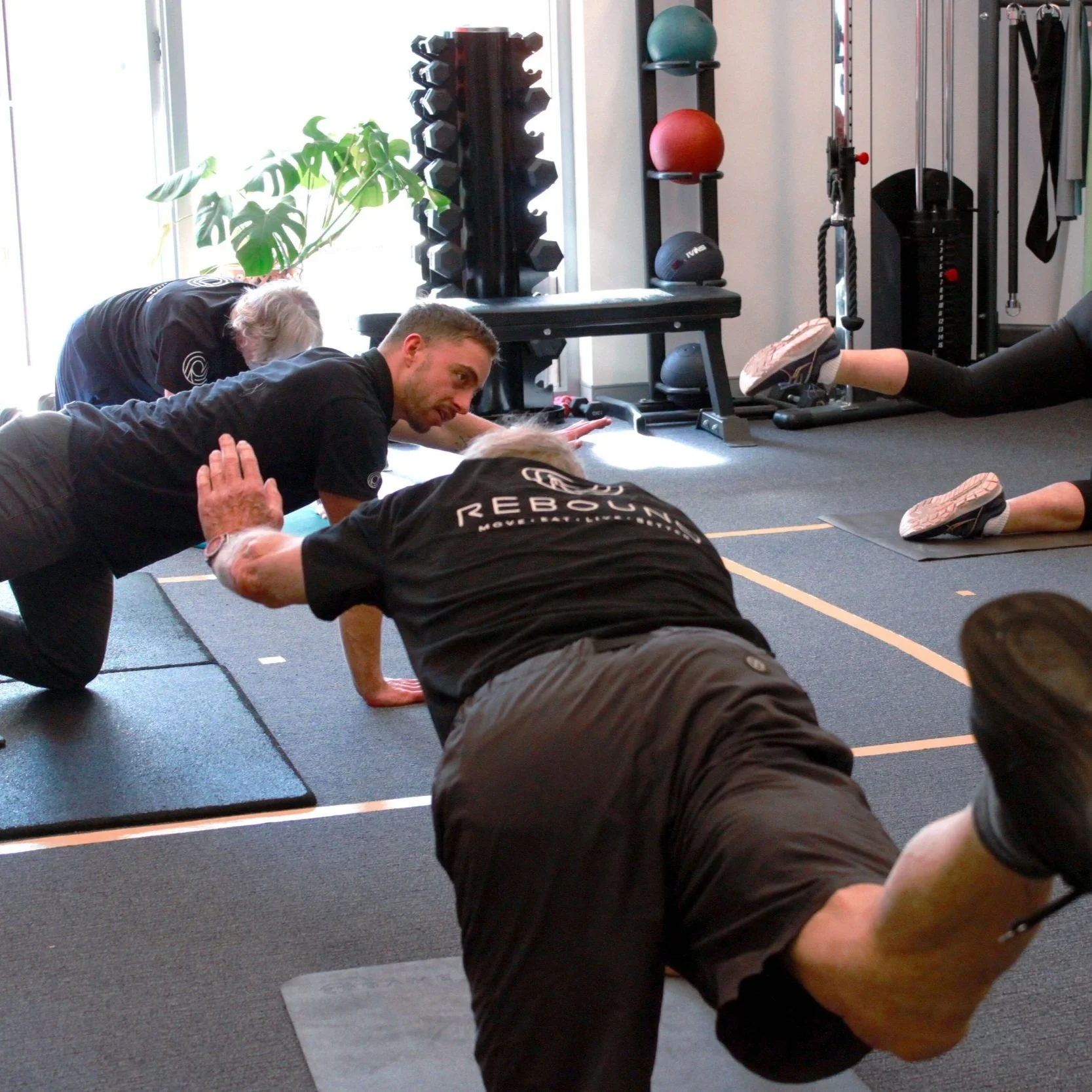Ways to approach conversations
Before you meet with your medical team
- Do your research
- Have your reasons. Go into meetings with your non negotiables - what’s important to you, what are you willing to give up, what are you scared of losing throughout treatment? → These matter and your doctors won't know unless you tell them. Some things will have to change but it’s important to avoid making too many compromises in aspects of your life that are meaningful to you.
- Seek out people who have shared experiences. I found others who had a similar diagnosis and treatment schedule to myself through social media. My diagnosis is rare and we are in the midst of a COVID-19 pandemic so I was limited in support groups and social opportunities. I’ve made a friend (entirely through social media) who lives in Canada, she had the same diagnosis to me 2 years prior right down to sarcoma location, the exact same chemo, surgery and was of a similar age. She honestly has been incredibly helpful. It’s nice to be able to ask the weird and wonderful questions that most people in my life would grimace at and I felt I needed answers to those questions from someone who had been through it.
- Get second opinions, ask questions, look for alternatives if you’re not happy
- Seek professional help (for example, exercise physiologists with experience in oncology) feel confident that your team is offering you the best care possible
How to have conversations with people who criticize your choices
- Consider the context in which this person is offering advice. Are they medically trained? Have they been through a similar experience? Is their opinion emotionally fueled? It can be hard to rationalize such emotionally charged decision making. Sometimes redirecting the person who is criticizing your decisions to discuss the issue with someone else is the best option. If there is a party involved that is not directly impacted by the cancer diagnosis, it may help to have a less biased opinion.
- Remember your opinions are valid, try not to only make choices that will please others
- Those who are challenging your choices, most likely care deeply about you and want the same outcome you do. Again, suggesting they chat to someone removed from the situation may help them to see clarity on this.
How to say no
At some point on your treatment journey you will need to say no to people. Whether this is ‘no thank you I cannot fit anymore lasagnes in my fridge,’ ‘no- I need a break and can’t see you today,’ ‘no I can’t talk about this right now.’ Whatever it is, remember it’s ok to say no.
People ask because they care and the best way you can help is to be honest and help yourself.
If you are a people pleaser it’s hard to say no, going from living a normal life to becoming a patient everyone wants to help all of a sudden and I’ve felt a sense of guilt that makes me want to help others in return.
Whether this is pretending I’m feeling better than I am, pushing myself to attend an event I said I’d be at or trying something I’d rather not because someone went to the effort of cooking.
Your ability to accommodate others isn’t limitless and you need to save some energy for what matters most. Your health.
If saying no will help you feel or get better, you are helping others by helping yourself.
Some evidence on the importance of exercising with cancer to equip you for these conversations
It may be difficult feeling encouraged by people in your life to rest and rest and rest. Yes, rest is very important as mentioned previously. However, it is also important to remember that exercise is recommended to be a standard component of cancer care. We have spoken previously on the role of exercise relating to cancer. Specifically, exercise can attenuate treatment-related side-effects, improve energy levels, improve function, improved quality of life and may reduce the risk of cancer recurrence. Other than that, exercise has many benefits that remain relevant even in the context of cancer. These include improving body composition, improving strength and fitness, reducing the risk of cardiometabolic conditions such as diabetes, reducing the risk of cardiovascular disease, and can improve your mood.
An example of an easy way to sum this up to people may include that exercise is actually really important before, during and after cancer treatment and that it is recommended to be a standard component of care. Exercise is beneficial for cancer-specific health (e.g. helping with treatment side-effects) and overall health (energy, fitness, reducing risk of conditions such as osteoporosis).
It’s important to remember that each person’s cancer journey is very individualised, and so should be your approach to exercise. If there is an Exercise Physiologist at the hospital you are being treated at, it could be great to talk to them about what the best plan is for you.
Outside of hospital there are many clinics with Exercise Physiologists who have extensive knowledge surrounding exercise and cancer who can help develop an exercise plan that suits you best.




